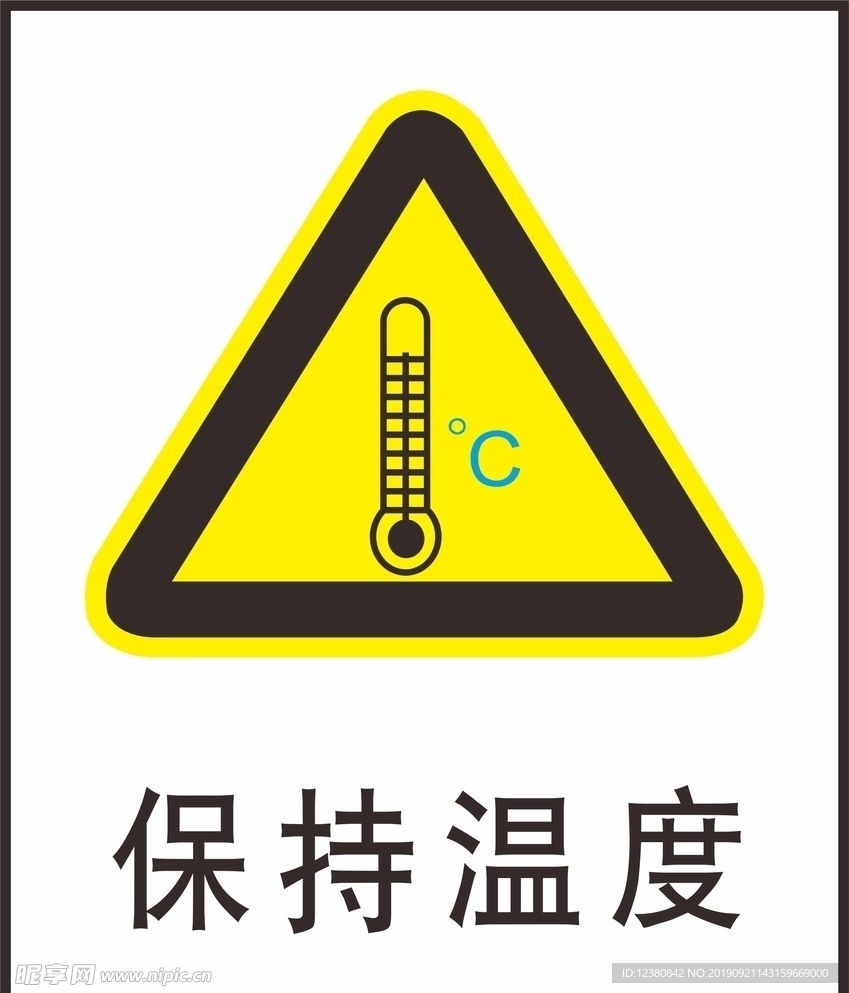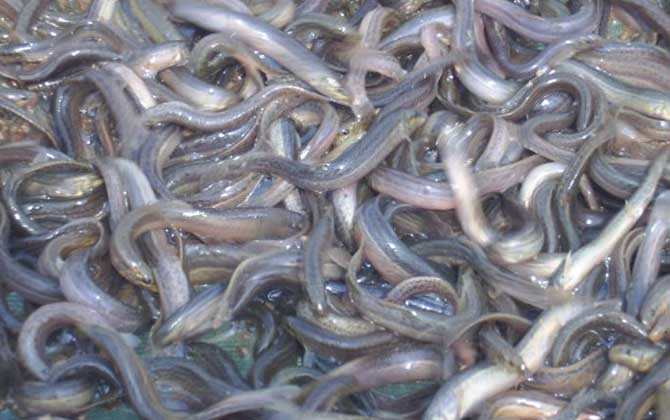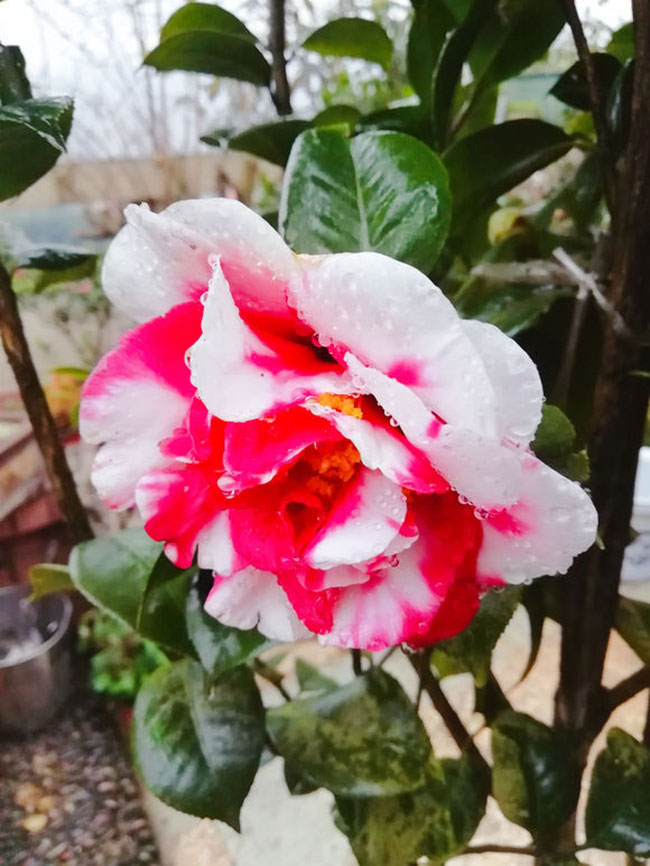冬天来了-警惕这沉默的杀手(冬天来了下一句是啥)
随着严寒冬季的到来,一氧化碳中毒的风险也在增加。最近就诊的一氧化碳中毒患者数量明显增加。一氧化碳是未完全燃烧的碳含物产生的有毒气体,其与人体血红蛋白结合的亲和力是氧气的210倍,进入人体后会导致机体严重缺氧,出现中毒症状。什么情况下会引发一氧化碳中毒呢?在密闭的环境中使用煤炉取暖或做饭;天气寒冷时门窗关闭严实或烟道设置不当;在浴室使用老式燃气热水器,由于通风不良,氧气供应不足导致燃烧不足产生大量一氧化碳。而导致中毒发生。
一氧化碳中毒的症状有哪些?根据中毒程度的轻重,会呈现以下表现:轻度中毒:头痛、头晕、耳鸣、恶心、呕吐、心跳加快,四肢无力等。中度中毒:除上述症状外,还可能出现肌肉紧张、肌肉颤抖伴有短暂意识障碍,如烦躁、谵妄、轻度昏迷状态。重度中毒:患者会迅速陷入昏迷状态,持续数小时、数天甚至更长时间,伴随脸色发红,极重度患者可能在面颊、胸前、大腿内侧出现樱桃红,还可能出现急性心力衰竭、肾功能衰竭、肺水肿等,甚至死亡。
一旦发生一氧化碳中毒,应该如何处理呢?首先要打开门窗通风,将患者转移到通风良好的环境中,给予氧气吸入,保暖处理,并拨打120急救电话,将患者送至有高压氧舱的医院进行救治。发生一氧化碳中毒时,除了进行氧疗、保暖、补充液体等处理外,还需要进行高压氧治疗。高压氧治疗是一氧化碳中毒的首选治疗方法。特别是中、重度中毒患者,应及时接受治疗,否则可能出现迟发性脑病或留下后遗症。
高压氧治疗如何治疗一氧化碳中毒呢?将患者置于封闭的高压舱内吸入高于大气压的纯氧或高浓度氧气。高压氧舱内氧气压力比常压呼吸空气时提高10倍以上,可以促使一氧化碳与血红蛋白迅速解离,高压氧舱内的氧气物理溶解量较高,可为组织器官提供迅速纠正缺氧状态的氧气。患者的临床表现和一氧化碳暴露史是决定是否应该进行高压氧治疗的重要因素。无论中毒情况轻重,一旦考虑到一氧化碳中毒,应尽早进行高压氧治疗。治疗的次数和时间根据患者的临床症状、煤气泄露情况、周围环境、中毒时长、年龄、病史及对高压氧治疗的反应等因素而定。一般进行5-30次治疗,重症患者治疗次数可超过60次。
在日常生活中如何预防一氧化碳中毒?1、使用煤、炭、柴取暖的居民,居室内火炉必须安装烟囱,烟囱结构应密封,排烟排气顺畅。湿度大、气压低的天气需要格外注意,室内门窗不要封闭过紧。2、使用管道煤气、天然气时,要注意防止管道老化、泄漏,烹饪时要防止火焰熄灭,造成煤气泄漏,经常检查是否有气体泄漏,严密关闭阀门。3、不要在车门窗紧闭、空调开启的汽车内长时间休息;长途驾驶时,内循环使用时定期开窗通风。4、禁止在浴室安装烟道式燃气热水器。应将其安装在浴室外的靠窗位置或者室外。尽量选择强排式燃气热水器,并定期检查和维护热水器及排气扇。
作者:茂名市人民医院彭淼云
冬天来了下一句怎么接

根据查询网络汉语得知,冬天来了下一句如下:1、冬天来了,大地变成雪白色,房子盖上了一层白雪,树也穿上了雪白的衣服,我们决定一起堆雪人。 2、冬天来了,寒风刺骨,雪花纷飞。 3、冬天来了,大地变得银装素裹,美丽无比。 4、冬天来了,街头巷尾开始响起炒栗子声。 5、冬天来了,雪花从天空中飘落下来,整个世界都变白了。 冬天来了,春天还会远吗?
冬天来了的下一句是什么
冬天来了,春天还会远吗?这句话出自英国著名浪漫主义诗人雪莱的《西风颂》。 当寒冷的冬天来临时,寒风瑟瑟,万物凋零,给人萧瑟之感。 但不要忘了,在冬天之后,就是春天的降临,到那时,阳光明媚,草长莺飞,万物复苏,生机勃勃。 出在黑暗、痛苦中的人,不要忘记寻找希望的光明,不要忘记,黑暗之后就是黎明。 这首诗写于英国革命时期,因此,“冬天如果来了,春天还会远吗”是写给那些生活在黑暗社会的人们,不要放弃希望,要勇于与黑暗的现实斗争,迎取胜利的光芒。 《西风颂》是雪莱“三大颂”诗歌中的一首,写于1819年。 这首诗是诗人“骄傲、轻捷而不驯的灵魂”的自白,是时代精神的写照。 诗共分5节,每节的韵脚安排是:aba,bcb,cdc,ded,ee。 英文原版编辑Ode to the West WindIO wild West Wind, thou breath of Autumns being,Thou, from whose unseen presence the leaves deadAre driven, like ghosts from an enchanter fleeing,Yellow, and black, and pale, and hectic red,Pestilence-stricken multitudes: O thou,Who chariotest to their dark wintry bedThe winged seeds, where they lie cold and low,Each like a corpse within its grave, untilThine azure sister of the Spring shall blowHer clarion oer the dreaming earth, and fill(Driving sweet buds like flocks to feed in air)With living hues and odours plain and hill:Wild Spirit, which art moving everywhere;Destroyer and preserver; hear, oh hear!IIThou on whose stream, mid the steep skys commotion,Loose clouds like earths decaying leaves are shed,Shook from the tangled boughs of Heaven and Ocean,Angels of rain and lightning: there are spreadOn the blue surface of thine aery surge,Like the bright hair uplifted from the headOf some fierce Maenad, even from the dim vergeOf the horizon to the zeniths height,The locks of the approaching storm. Thou dirgeOf the dying year, to which this closing nightWill be the dome of a vast sepulchre,Vaulted with all thy congregated mightOf vapours, from whose solid atmosphereBlack rain, and fire, and hail will burst: oh hear!IIIThou who didst waken from his summer dreamsThe blue Mediterranean, where he lay,Lulld by the coil of his crystalline streams,Beside a pumice isle in Baiaes bay,And saw in sleep old palaces and towersQuivering within the waves intenser day,All overgrown with azure moss and flowersSo sweet, the sense faints picturing them! ThouFor whose path the Atlantics level powersCleave themselves into chasms, while far belowThe sea-blooms and the oozy woods which wearThe sapless foliage of the ocean, knowThy voice, and suddenly grow gray with fear,And tremble and despoil themselves: oh hear!IVIf I were a dead leaf thou mightest bear;If I were a swift cloud to fly with thee;A wave to pant beneath thy power, and shareThe impulse of thy strength, only less freeThan thou, O uncontrollable! If evenI were as in my boyhood, and could beThe comrade of thy wanderings over Heaven,As then, when to outstrip thy skiey speedScarce seemd a vision; I would neer have strivenAs thus with thee in prayer in my sore , lift me as a wave, a leaf, a cloud!I fall upon the thorns of life! I bleed!A heavy weight of hours has chaind and bowdOne too like thee: tameless, and swift, and proud.VMake me thy lyre, even as the forest is:What if my leaves are falling like its own!The tumult of thy mighty harmoniesWill take from both a deep, autumnal tone,Sweet though in sadness. Be thou, Spirit fierce,My spirit! Be thou me, impetuous one!Drive my dead thoughts over the universeLike witherd leaves to quicken a new birth!And, by the incantation of this verse,Scatter, as from an unextinguishd hearthAshes and sparks, my words among mankind!Be through my lips to unawakend earthThe trumpet of a prophecy! Oh Wind,If Winter comes, can Spring be far behind?
冬天来了春天还会远吗下一句是什么
”冬天来了春天还会远吗“这句诗没有下一句。
这句诗出自雪莱的《西风颂》,是浪漫主义的经典作品之一。雪莱的名气大家都知道,英国最伟大的诗人之一,他的诗集在全球被翻译成几十种文字,被一版再版。而这首《西风颂》更是被誉为世界诗歌宝库中的一颗是明珠,火了200多年。这句“冬天来了,春天还会远吗”更是常常被不少人挂在嘴边,成为了网红诗句。
注意:
《西风颂》是英国浪漫主义诗人雪莱的诗作。全诗共五节,始终围绕作为革命力量象征的西风来加以咏唱。第一诗节写西风的威力和它的作用,第14行点出破坏者和护持者,这是贯串全诗的两个主题。
第二诗节用云、雨、冰雹、闪电来衬托描写西风的威力;第三诗节写西风作用于波浪;第四诗节写诗人因西风而发生的感慨,诗人向西风说但愿自己也像枯叶被风带走,虽然不像不羁的雨风那样自由自在,也能分得它的一分猛烈的威力;在最后一诗节里,诗人请求西风帮助他扫去暮气,把他的诗句传播到四方,唤醒沉睡的大地。
最末两句“如果冬天来了,春天还会远吗?”预言革命春天即将来临,给生活在黑夜及困境中的人们带来鼓舞和希望。诗篇表达了诗人对反动腐朽势力的憎恨,对革命终将胜利和光明未来的热切希望和坚定信念,深刻揭示出新事物必将战胜旧事物的客观规律。
全诗气势雄阔,境界奇丽宏伟,具有浓郁的革命浪漫主义特色,通篇采用了象征、寓意手法,含蕴深远。
相关标签: 冬天来了、 警惕这沉默的杀手、
本文地址:https://www.rixiy.com/article/54dd4137faad5651e89d.html
<a href="https://www.rixiy.com/" target="_blank">日夕导航</a>

 人气排行榜
人气排行榜






